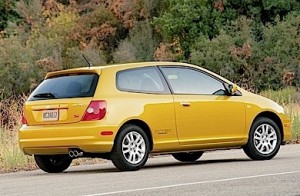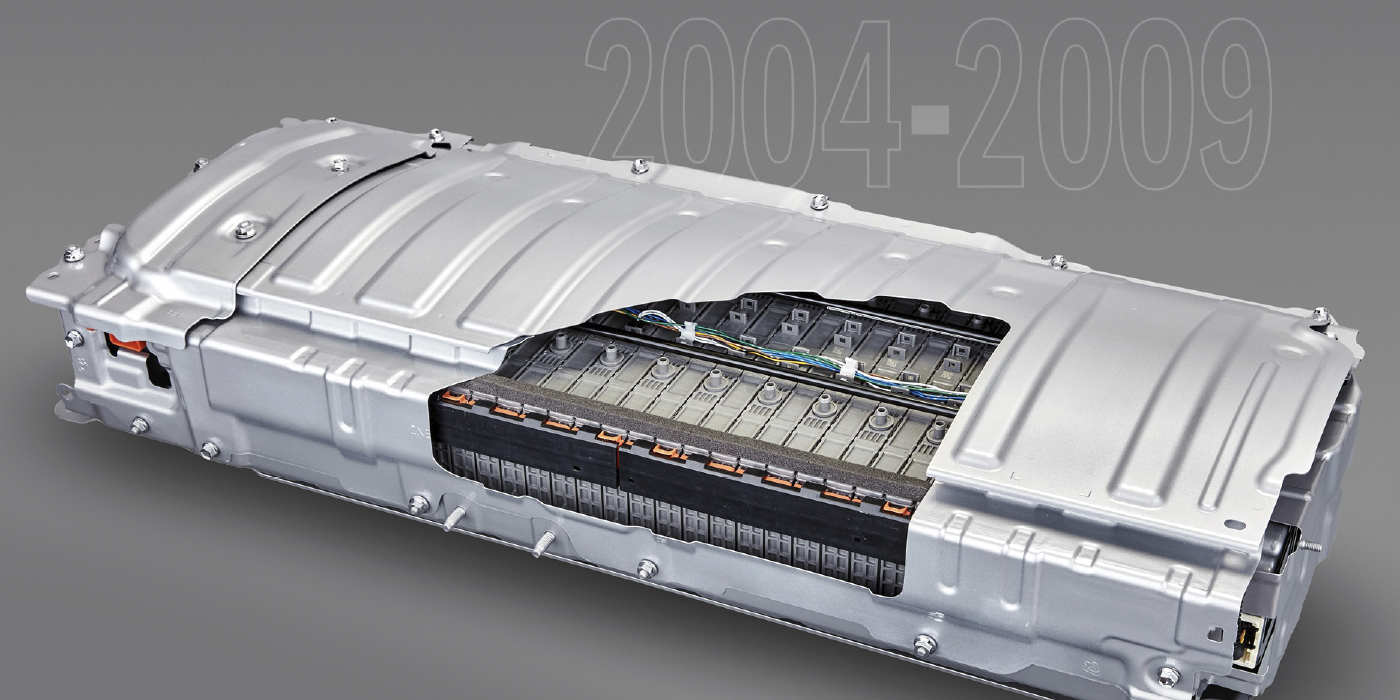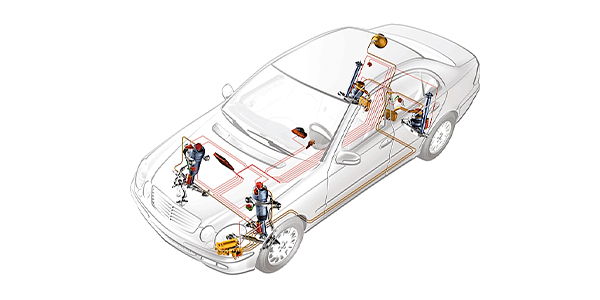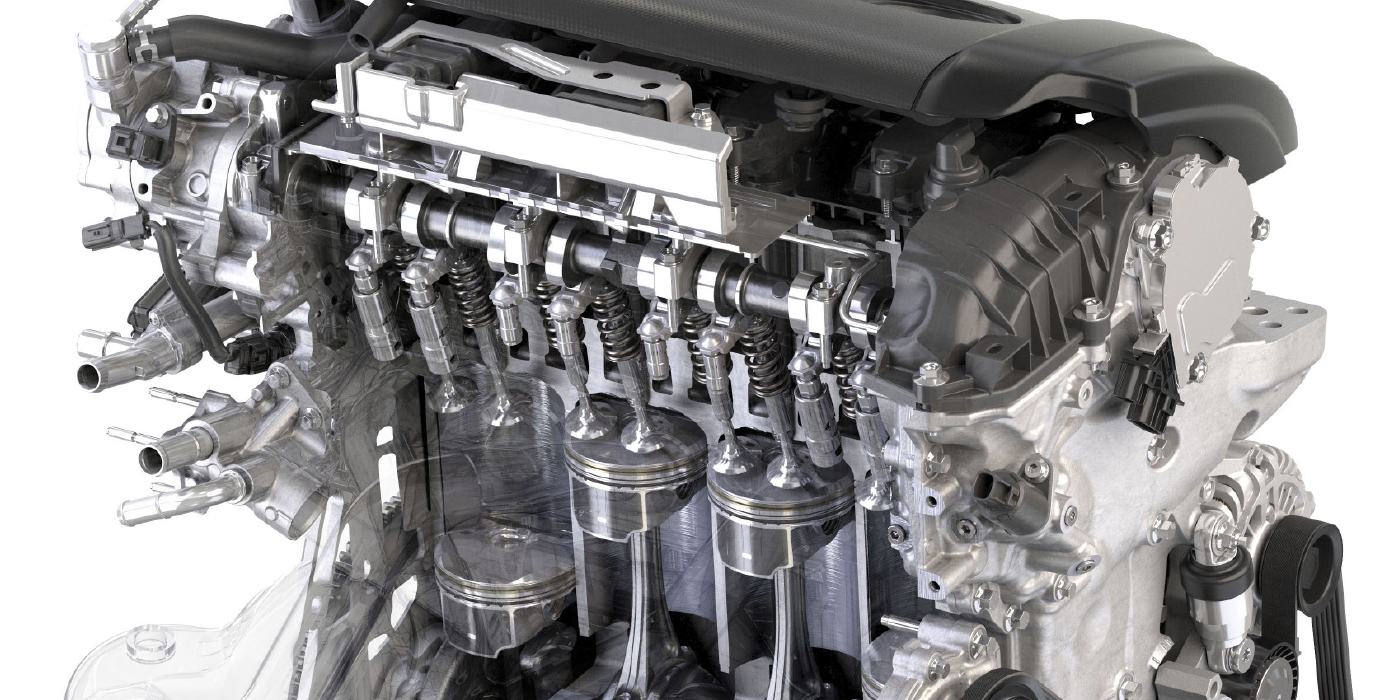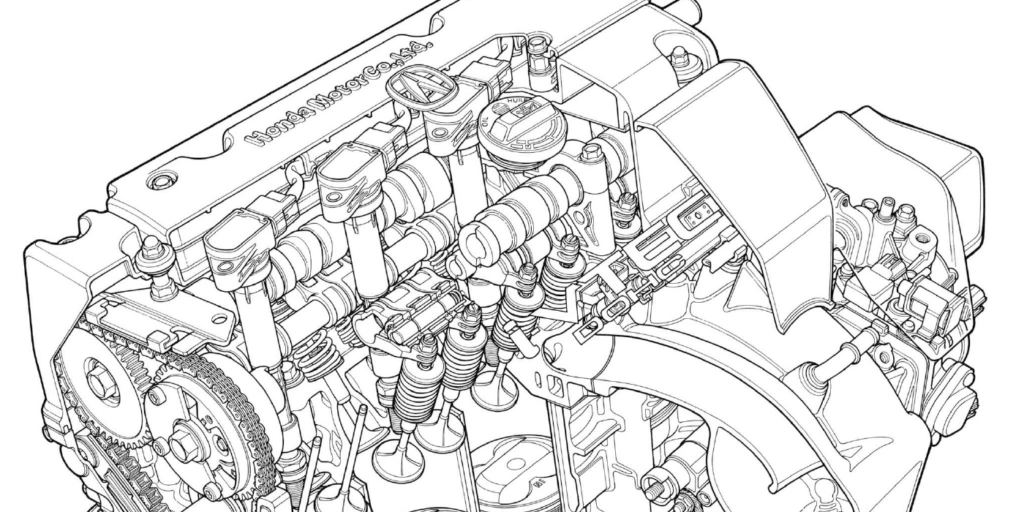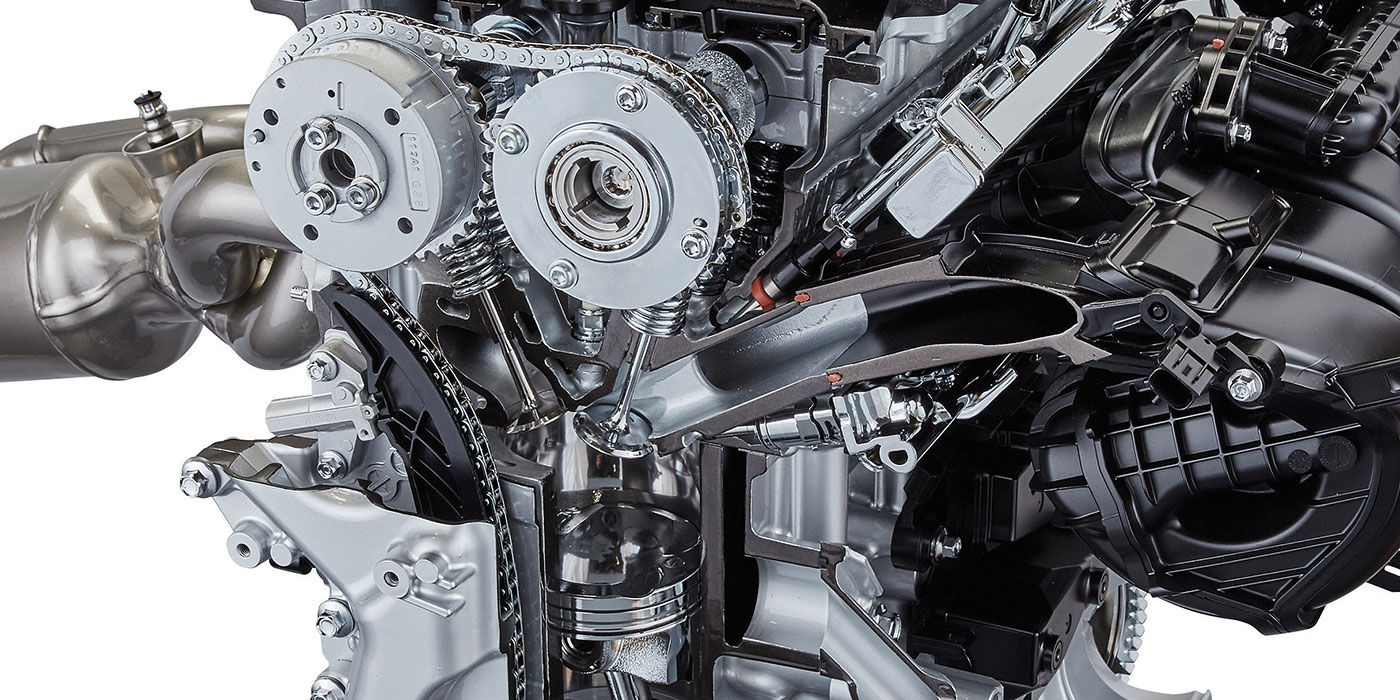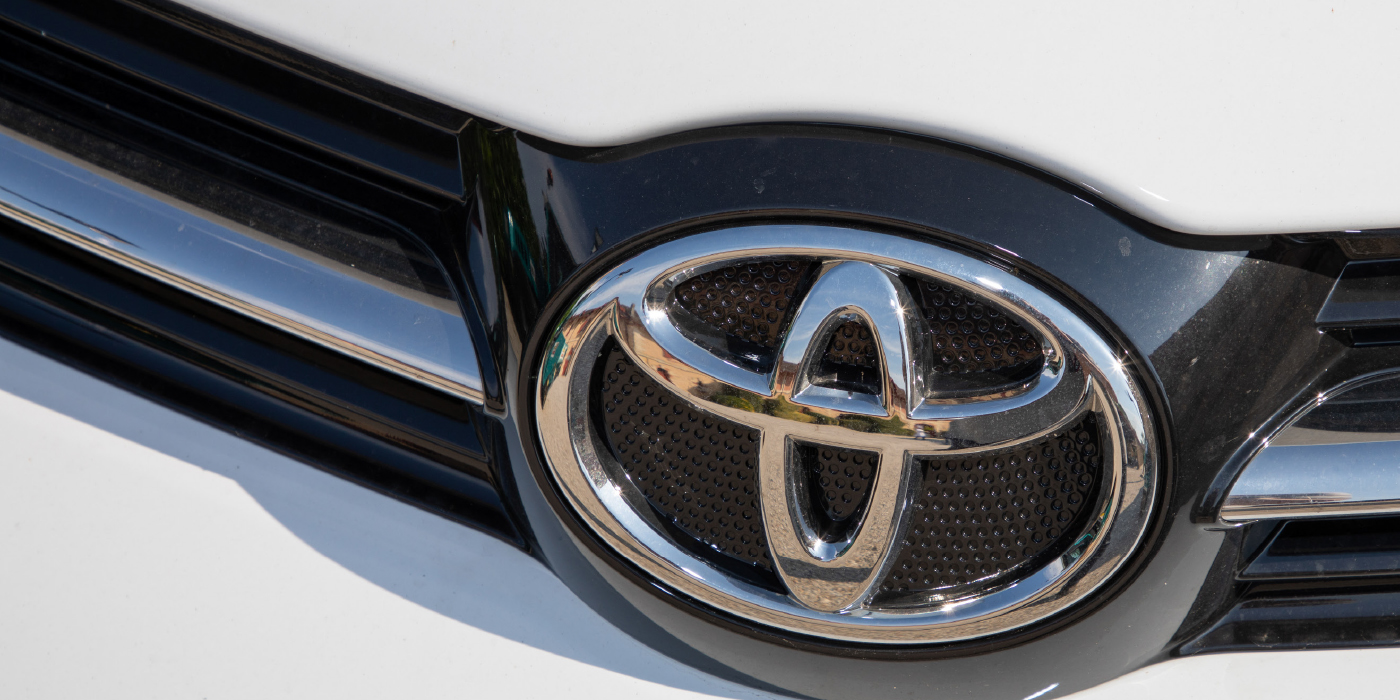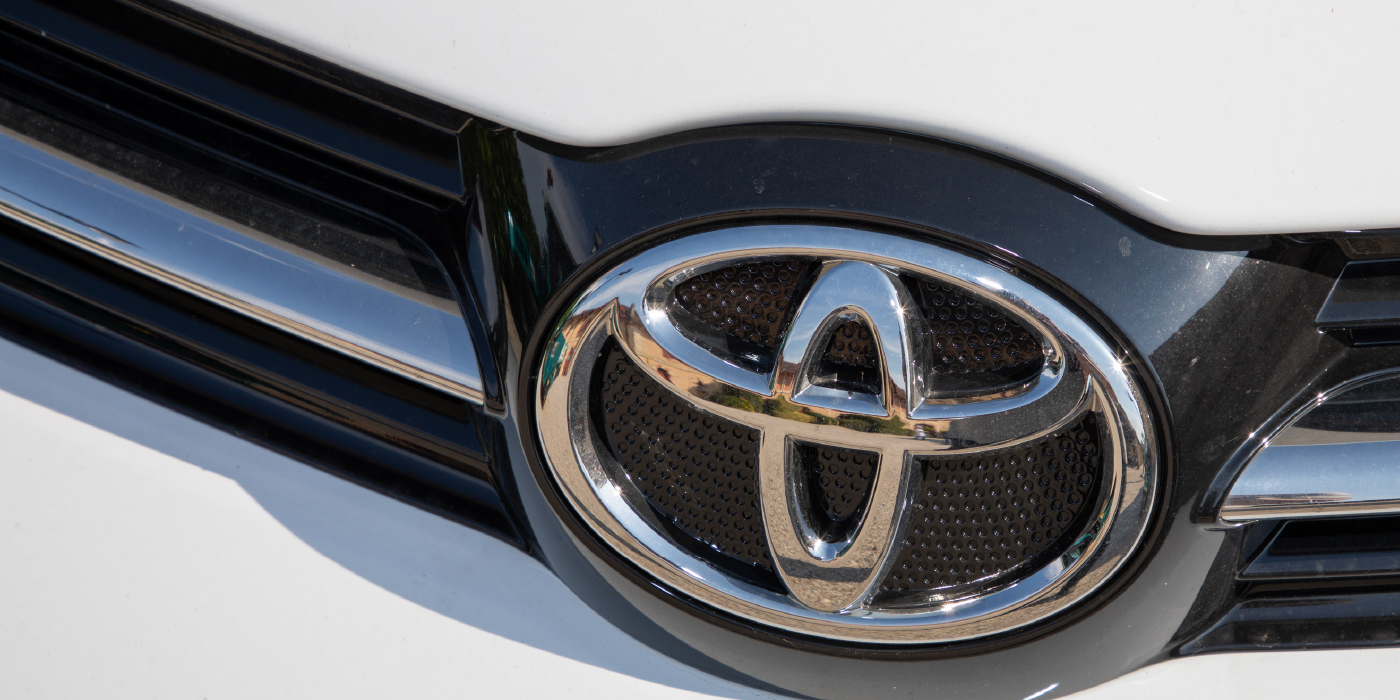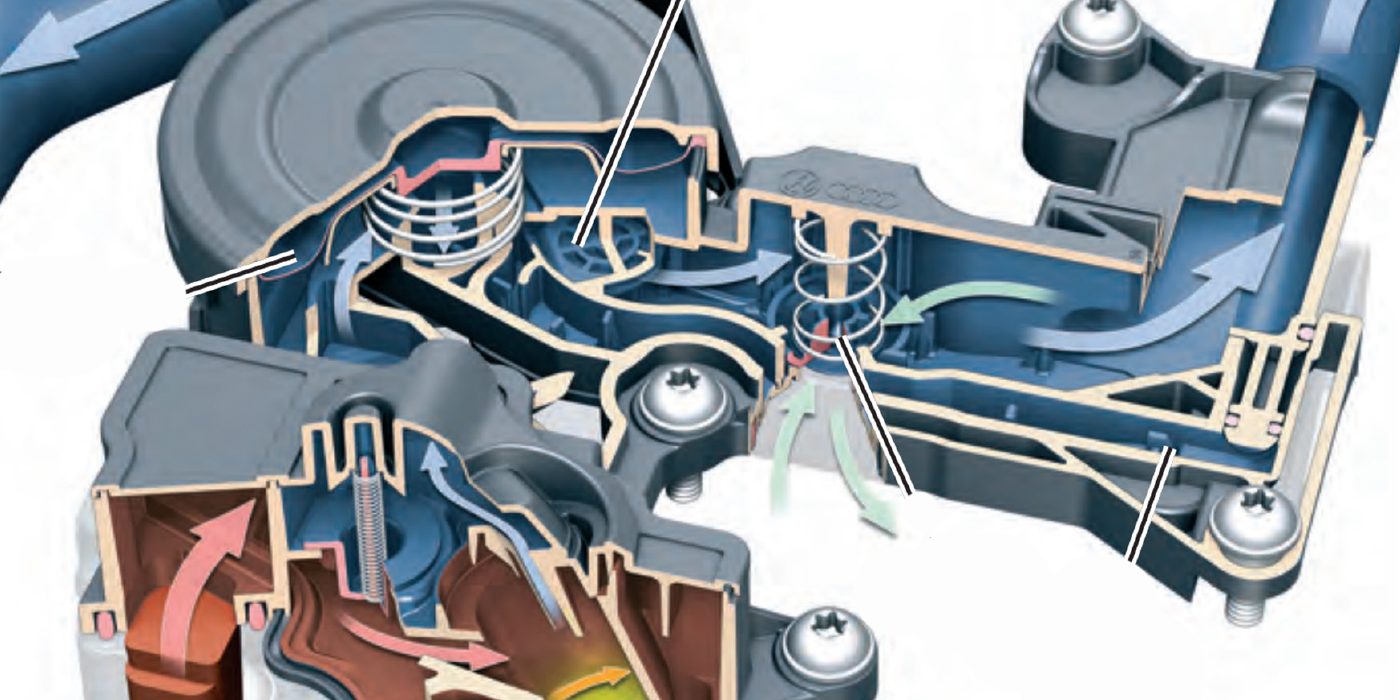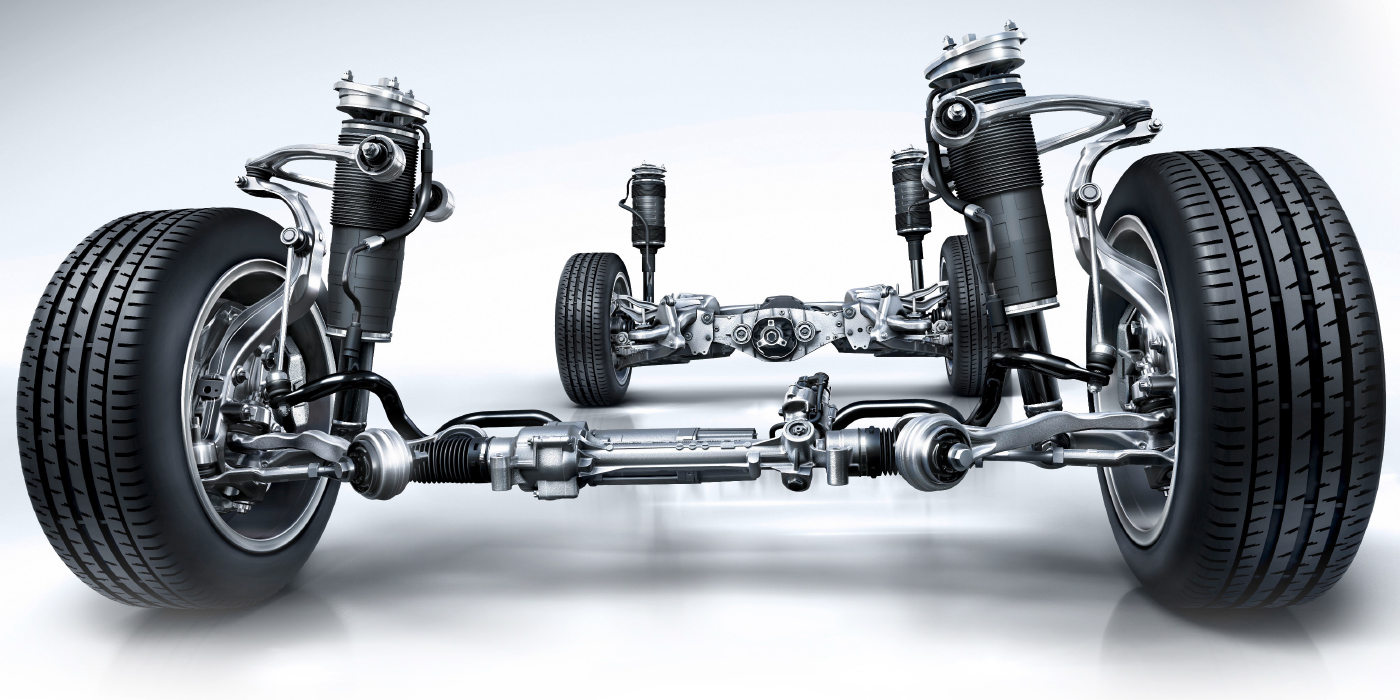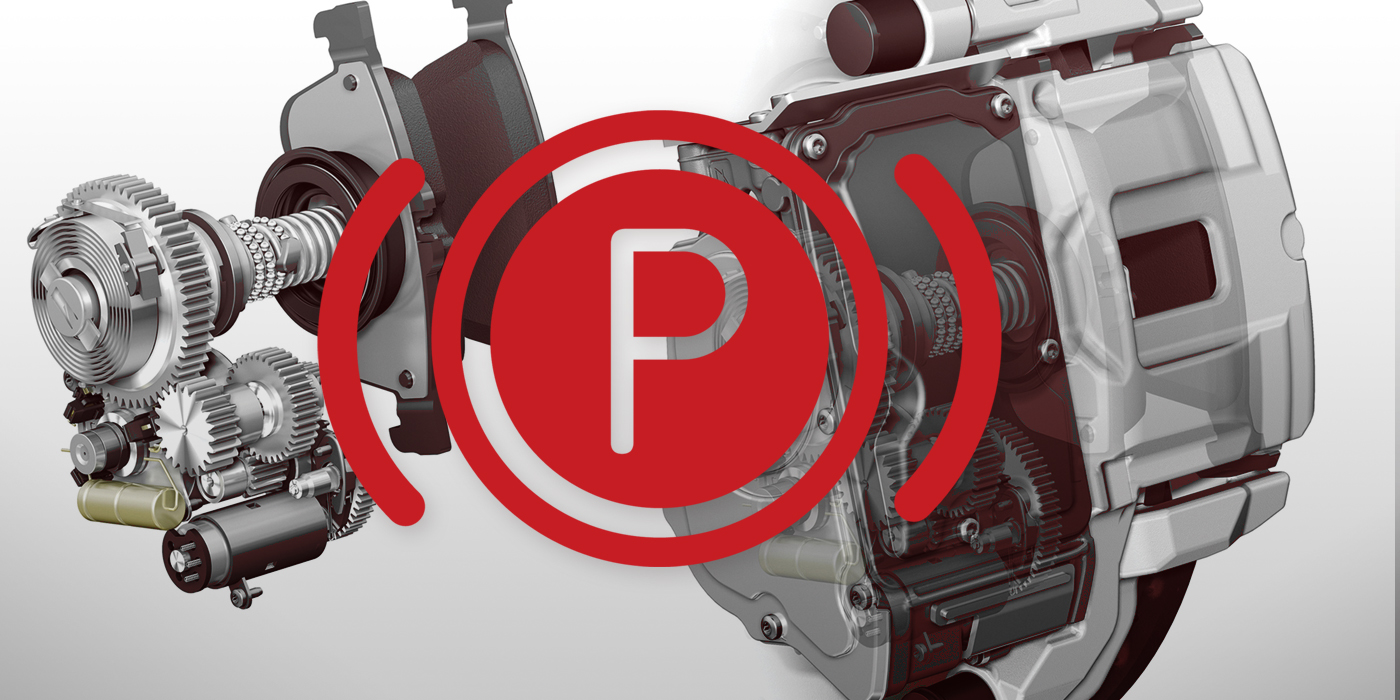It’s not unusual for me to get help requests through my e-mail. Sometimes it’s from working technicians, other times it’s from vehicle owners who can’t get their problems solved through professional repair shops.
In early 2014, I received one of my most challenging e-mail requests from a shop foreman of a Honda dealership. This service manager had read a column I’d written on PCM diagnostics for ImportCar and was asking my opinion about why three PCMs would consecutively fail on a 2002 Honda Civic equipped with an automatic transmission with 137,000 miles on the odometer.
Needless to say, these failures were becoming very expensive for the Honda dealer, which was the port of last resort for the Honda Civic’s owner. The first repair visit was for a no-start complaint with the Check Engine Light (CEL) on and immobilizer key light flashing. The Honda scan tool wouldn’t communicate with the PCM. Following Honda service information concerning no communication, the technician replaced the PCM with a known-good unit and reprogrammed the immobilizer. The test PCM was replaced, and the customer took the vehicle home.
One week later, the vehicle was towed in with a loss of power, CEL on and a P1607 code indicating an internal PCM failure. After testing power and ground circuits, the technician replaced the new PCM with another as prescribed in Honda service information.
The Usual Suspects
At this point, I suggested rounding up the usual suspects, one of which might be that the alternator was intermittently overcharging the battery. Of course, the technician’s problem was that a third PCM would need to be installed to get the engine and electrical system operational. In general, a charging rate exceeding 17.0 volts will begin burning out light bulbs and ruining system electronics like radios and PCMs.
The best method for capturing intermittent excessive voltage or voltage spikes is to display the system charging voltage on a labscope. Another source of voltage spikes are failed diodes in the air conditioning compressor clutch and similar high-amperage circuits. Although modern PCMs are generally well-protected against voltage spiking caused by alternators, A/C clutches, starter relays, and even battery chargers and jumper cables, anything is a possibility in extreme cases like this.
After replacing the failed PCM, the technician found that the charging voltage was above 15.5 volts. He replaced the alternator and cleaned all engine and chassis grounds. The charging voltage then dropped to a steady 14.5 volts, with a 0.03 voltage drop as measured between the alternator housing and the battery B- post. After about 60 minutes at idle speed, the engine suddenly raced to 3,500 rpm and then stalled and wouldn’t restart. The immobilizer light was flashing and the CEL was illuminated.
The Honda Civic also wouldn’t communicate with the Honda scan tool. The B+ voltage at the PCM measured 10.6 volts and the voltage drop on the ground side measured 0.03 volts when cranking. The PCM wiring was then tested with a breakout box to make sure that no internal wiring harness shorts were present and that all power circuits were operating at correct voltages. No aftermarket accessories or wiring damage was observed.
Returning to the voltage spiking issue, the technician replaced all ignition coils, fuel injectors, sensors, main ignition relays, battery and failed PCM with known-good parts. The engine then ran for one hour and 45 minutes before it died, with the CEL illuminated and immobilizer light flashing. A scan tool snapshot taken with the engine running didn’t show any irrational engine data. Amperage draw checks were made on all actuators to ensure that none were drawing excessive amperage.
The failed PCMs transferred the symptom of the flashing immobilizer light when installed in another vehicle, which lead me and the technician to believe that the fault was with the PCM. None of the failed PCMs showed any internal evidence of burns or heat damage. These failed PCMs were then sent to a repair service for testing. The repair service reported that the processors in all three PCMs were ruined.
At this point, I’d like to interject that I’m not a Honda specialist — not because I haven’t serviced my share of Hondas — but because the Hondas that I’ve serviced were very reliable vehicles that never had major electronic issues. The most common electronics problems that I encountered were ignition module failures on the early models and a few false P0420 catalytic converter trouble codes on later models that needed reprogramming to correct.


